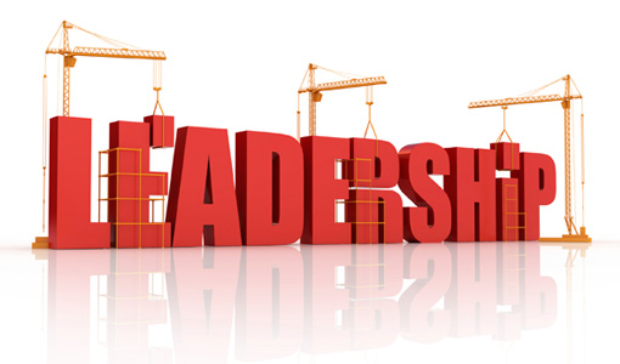Even with unemployment at 10 percent and hiring in hibernation, a growing number of executives are concerned about a leadership talent shortage impacting their organizations. Indeed, a 2008 study by Aon Consulting Worldwide reported that 60 percent of U.S. businesses acknowledged a shortage of effective leaders and an additional 30 percent anticipated a wider leadership gap within the next few years.
Moreover, the “Great Recession” is almost certainly exacerbating current trends. The global economic transformation now underway is placing new and greater demands on business leaders at all levels. In addition, an unprecedented demographic shift in the U.S. workforce is threatening many companies with an alarming talent drain once Baby Boomers start to retire.
Leadership is changingWithout question, today’s business leaders face changing demands. A 2007 report titled “The Changing Nature of Leadership” published by the Center for Creative Leadership, revealed that 84 percent of executives across the globe agree that the definition of effective leadership has changed within the current decade. In particular, executives cite the need for today’s business leaders to be more flexible and collaborative, demonstrate a greater capacity to cross both geographic and functional boundaries and pursue a more interdependent approach to decision making in light of the increasingly complex character of contemporary business challenges.
The Boomers are retiringA second facet of the current leadership shortage is the impending mass retirement of the Baby Boomers, the oldest of which will reach age 65 in 2011. Currently, some 76 million working Boomers will need to be replaced with Generation Xers and other younger workers. The problem, of course, is that there are only 47 million Xers to take their place, leaving a prospective talent gap of nearly 30 million workers across the economic spectrum.
Whether this generational disparity will result in widespread labor shortages is a matter of some debate, but there can be little disagreement about the impact of Boomer retirements on the leadership corps of practically every organization. The plain fact is that when Boomers leave the workplace they will take a lifetime of experience with them that will be difficult for any organization to replace quickly.
Change creates opportunitiesThe good news is that younger businessmen and women can take steps now to profit from the opportunities being created by the growing leadership shortage. By investing in their personal leadership capacity, emerging leaders can position themselves for greater leadership roles as they materialize. As Lynne Morton, an executive with the human resources consultancy TalentScope, said in a recent article in HR Management magazine, “There is no shortage of individuals with the potential to be leaders.” The opportunity, therefore, for forward-looking businessmen and women is to recognize their innate leadership capacity and develop the knowledge and skills necessary to take on more significant responsibilities.
Significant change is on the way, and there is an opportunity now for emerging leaders to invest in the new knowledge and skills they will need to fill the growing leadership gap.
Durwin Long is assistant dean of executive and professional development at the Opus College of Business.





